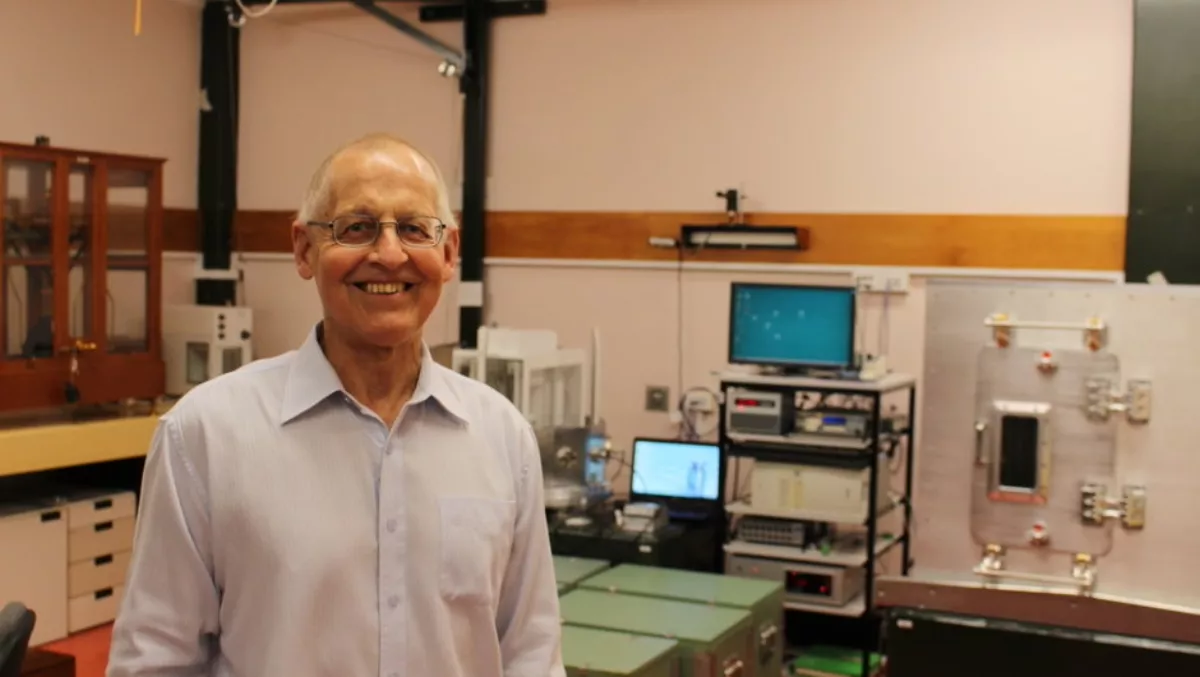
What is a kilogram? Lower Hutt holds its own weight on a global scale
Forget the old ways of measuring a kilogram – quantum physics is going to be the driver of massive change in the way we look at some of the most common forms of measurements.
And for New Zealand, it all comes down to a small desktop machine, created right here in New Zealand's own Lower Hutt.
The International System of Units is made up of a series of seven base units. Of those base units, four of those (kilogram, ampere, kelvin, and the mole) will be measured in an entirely new way.
"Currently to ensure measurement standards are globally aligned, countries compare physical objects, including flying our New Zealand 'kilogram' to Paris to measure it against the 129-year-old official 'kilogram' metal cylinder," explains the New Zealand Measurement Standards Laboratory.
"But every time the official kilo prototype in Paris was handled, it could gain or shed atoms changing its mass. Over a lifetime, that standard kilo has changed. From today, instead of revolving around physical objects, scientists will use quantum physics and great engineering to define and realise the international mass standard.
The late Dr. Chris Sutton and colleagues at the Measurements Standards Laboratory (MSL), created a desktop version of a super-precise measuring instrument. The Kiwi Kibble Balance will produce New Zealand's primary kilogram and could be used by many other countries.
"In the Northern Hemisphere the equipment needed to measure the new kilo cost millions and is literally the size of a two-storey building," comments MSL director Dr Fleur Francois.
"All we really need is a device that allows us to plug in a natural constant of nature along with other variables, and from this calculate a kilogram to a high enough accuracy. The Kibble Balance is a stroke of kiwi ingenuity that does all this for us.
If that seems like a lot of science talk, it will also revolutionise some of technology's most common and up-and-coming applications, like GPS, autonomous mobility, and nanotechnology.
"In a world where things are getting faster, smaller and more seamless, physicists and engineers have been frustrated by units based on physical objects that are increasingly imprecise," says Francois.
"For me, when I think about space exploration – and who knows, we might colonise Mars one day – we're going to need to be able to measure to greater accuracy using standards that are more universal than a single piece of metal in Paris.


